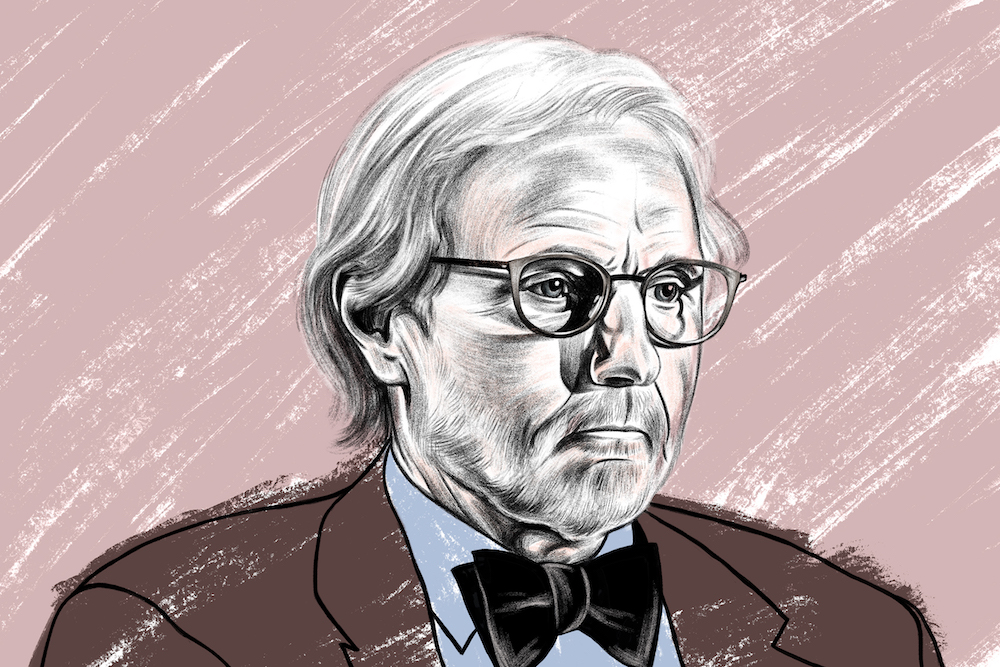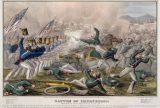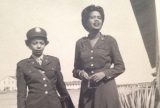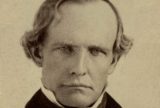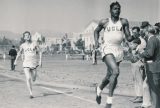Why Has America Been So Reluctant to ‘Own’ the South?
A Preeminent Historian Explores How a Region Central to U.S. Identity Gets Written Out of the National Narrative
James C. Cobb is Emeritus B. Phinizy Spalding distinguished professor in the history of the American South at the University of Georgia. He has published 13 books and many articles focusing on the interaction of the economy, politics, and culture in the American South. Three of his books—The Selling of the South: The Southern Crusade for Industrial Development 1936-1990, Away Down South: A History of Southern Identity, and The Most Southern Place on Earth: The Mississippi Delta and the Roots of Regional Identity—are considered classics in the field.
In December …




